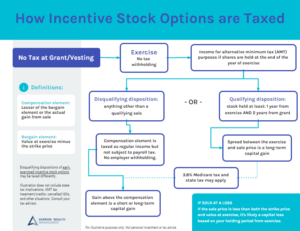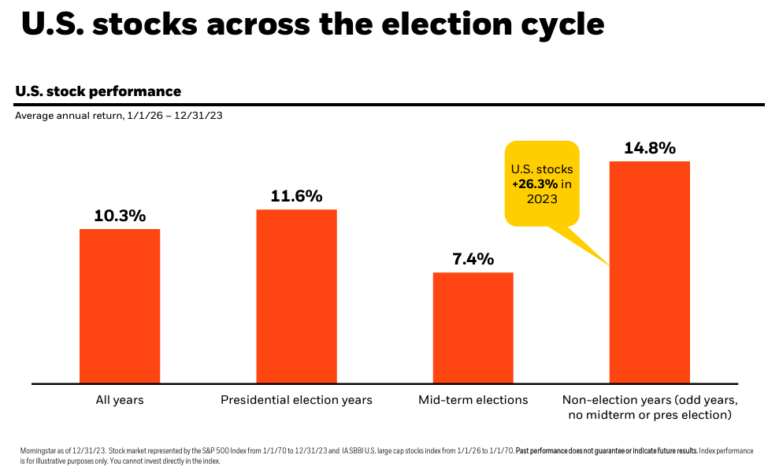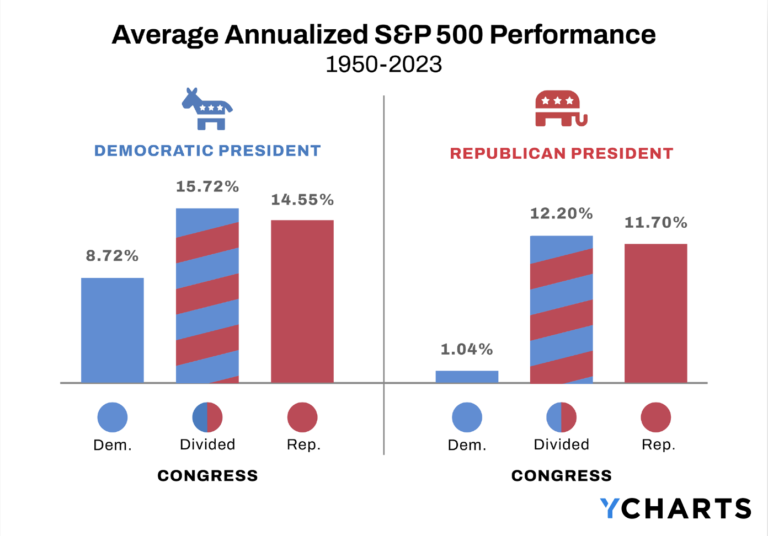What happens to stock options if a company goes public without an IPO? A Direct Public Offering (DPO) or direct listing is a way for a company to list itself on a public stock exchange without the traditional Initial Public Offering (IPO) process. If you have employer stock options and your company is going public via a direct listing, you’ll need a plan to manage your equity. A direct listing differs from an IPO in many ways, including the treatment of stock options after the company goes public.
Stock options and shares in a direct listing
When a company goes public in a direct listing, they create a liquid market for their shares. In December 2020, the NYSE successfully gained approval for companies to raise new capital as part of the direct listing. Previously, direct listings gave existing shareholders liquidity but weren’t vehicles for new funding. In December 2022, the SEC also approved Nasdaq’s proposal to allow companies to to raise new capital with a direct listing.
Unlike a traditional IPO, in a direct listing, the stock price is determined when the shares begin trading on a public exchange. The market prices the value of the company in real time.
For employees with stock options, a direct listing can offer key advantages. One of the central advantages is there is no lockup period. Vested stock options, like incentive or non-qualified stock options, can be exercised and sold immediately. Having control over your diversification strategy is key in building and protecting wealth.
Spotify, Slack, Asana, Coinbase, and Amplitude have all gone public with a direct listing.
A direct listing also allows investors with stock options more flexibility in managing the tax impact.
Stock options in an IPO
In a traditional IPO, banks act as underwriters, and shares are initially priced before hitting the stock exchanges. The public markets may disagree with the valuation and send prices higher or lower accordingly.
For employees with stock options, an IPO is still a path to liquidity. But there’s a lockup period where insiders (employees and executives) can’t sell their stock options. Lockup/blackout periods are usually 6 months. A lot can happen to a stock price in 6 months!
Going public with an initial public offering can also cause tax headaches if you have ISOs and create other liquidity problems.
Financial and tax planning for stock options after a direct listing
If your company has gone public or plans to, it’s time to get a plan together. You’ll want to engage a fiduciary financial advisor and accountant/CPA to assist you in developing your approach. Darrow Wealth Management regularly works with individuals preparing for their employer to go public. Learn more about how we can help you plan for sudden wealth from stock options.
Here are some aspects your strategy should consider:
-
- Your goals and entire financial picture
- Diversification
- Tax planning and state tax considerations
- Exercise plan
- Selling strategy
- Future grants/awards
- Cash needs and liquidity
- Reinvestment strategy
- Risk tolerance and ways to reduce risk
Developing your exercise strategy with tax implications in mind
It’s important to tailor your approach depending on what type of stock options or equity compensation you have. For example, the tax treatment of non-qualified stock options differs from restricted stock units (RSUs).
Most employees of private companies have incentive stock options or ISOs. This type of stock option offers tax benefits if holding periods are met. To be eligible, you must have held your ISOs for at least 2 years after the grant date and 1 year after exercising. In doing so, the whole gain when selling the stock is taxed as a long-term capital gain, instead of regular income.
Of course, there’s a catch. When you exercise incentive stock options, the spread (difference between your strike price and the value of the stock at the time) is income for the AMT calculation if you don’t sell the stock before the end of the year. If your taxable income under the AMT is greater than the ‘regular’ system, you have to pay the difference, at the 26% or 28% rate currently. Employees who have stock options with a big spread are likely to trigger the AMT.
State tax
State tax laws vary considerably in the US. For example, in addition to the federal alternative minimum tax, California has its own AMT. Further, California taxes capital gains as ordinary income, regardless of the holding period. Massachusetts on the other hand taxes most long-term capital gains at the state’s regular income tax rate of 5%, though short-term capital gains are taxed at 8.5%, and there’s an additional 4% Millionaire’s Tax on income above $1M.
Keep your tax and financial situation in mind
When developing an exercise plan for your stock options it’s worth considering different approaches. For example, it can be advantageous to exercise ISOs early in the calendar year. It’s also possible to try and calculate how to exercise enough options to avoid triggering the AMT.
Another strategy is to identify which tranches or grants to sell immediately or hold, based on the potential tax benefits and cash needs. If you are subject to the AMT, there should be an AMT credit for future years when you sell the shares.
6 Strategies for Navigating AMT with ISOs
Diversify and take profits
Stocks don’t only go up. Newly public companies are notoriously volatile. Professor Jay Ritter from the University of Florida is perhaps the preeminent expert in IPO data and trends. His research showed that between 1980 and 2019 IPOs have underperformed other firms of the same size (market cap) by an average of 2.8% per year during the five years after issuing, not including the first-day return which can be significant (18% on average according to Ritter).
According to J.P. Morgan, between 1980 – 2020, nearly 45% of all companies that were ever in the Russell 3000 Index experienced a 70% decline in price from the peak and never recovered.
By developing a plan to diversify out of a concentrated stock position, you can lock in the upside by moving paper-profits to realized gains. The markets move quickly, so if stock options are a big part of your wealth plan, take action. A do-nothing approach often means missed opportunities and unnecessary risk.
With proper planning, a liquidity event from a company going public can be financially life changing. Focus on prioritizing your goals, such as an early retirement or financial independence vs a fear of missing out on possible future upside for the stock.
Employer going public? We can help.
Darrow Wealth Management is a fee-only financial advisory firm. We regularly work with employees and executives with stock options, particularly after an IPO, acquisition, or direct listing. By integrating financial planning with investment management, our goal is to help busy professionals build and grow their wealth. As an independent full-time fiduciary, we have a duty to act in the sole benefit and interest of our clients. This is the highest act of loyalty, trust, and care under the law.












